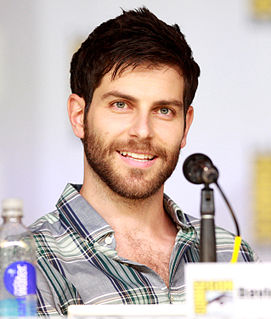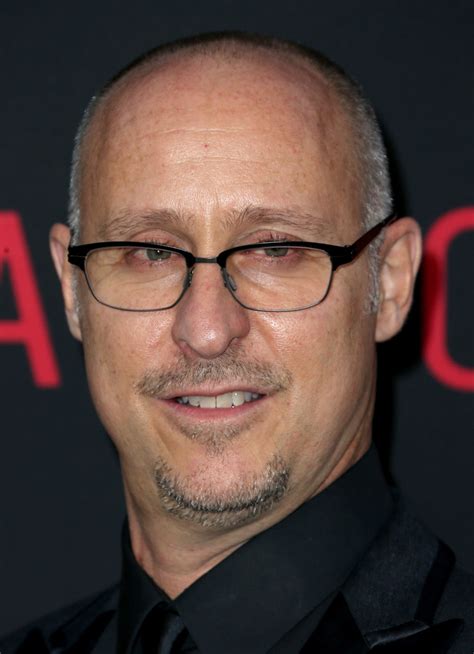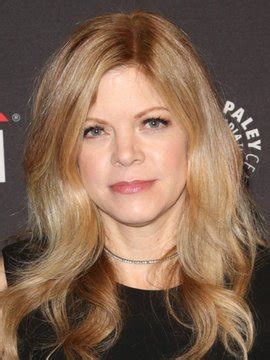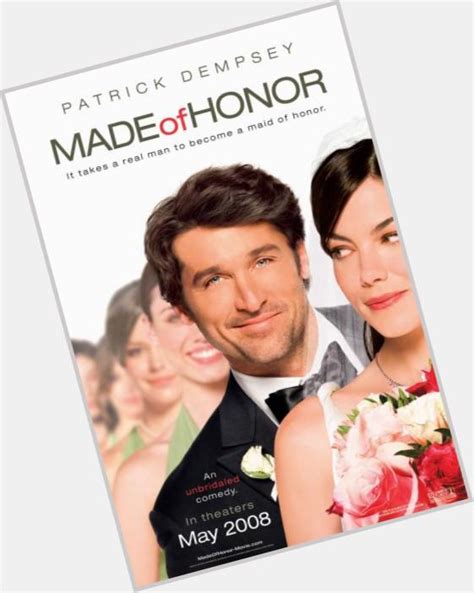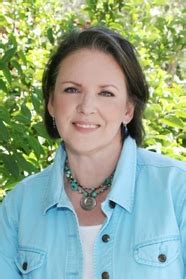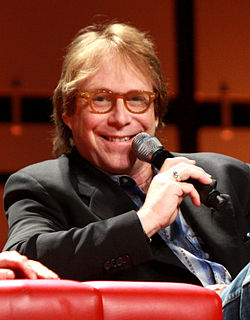A Quote by David Giuntoli
The hardest thing about doing a series and having it stick is that you've never performed with each other, and the pilot is kind of a dress rehearsal, and you don't know the tone until two or three episodes in.
Related Quotes
The character and the actor in a long-running series slowly become one. I think there must be funny stories about actors who, in the pilot for a TV series, did some weird thing with their eyes, or some speech impediment or something, and the next thing you know, it's eight years later, and they're still doing that freaking gag.
Men will work hard for money. They will work harder for other men. But men will work hardest of all when they are dedicated to a cause. Until willingness overflows obligation, men fight as conscripts rather than following the flag as patriots. Duty is never worthily performed until it is performed by one who would gladly do more if only he could.
Never invite to dinner: those who won't decide until the last minute; those who come more than half an hour late; those who want to bring along two or three friends; drunks; monologists; those who stay until three o'clock in the morning; those who think that conversation means having an argument; those who take a high moral tone; those who are stupid, ugly, or dull. Enforcement of these rules will enable one to eat alone every night in comfort.
See, that's the thing about second chances. It's two people that are there for each other and support each other and care about each other no matter how much they want to deny it. It's about one person doing everything they can to make sure the other doesn't fall and vice-versa. Second chances are about holding on to that other persons hand no matter how hard they beg to let go.
I think 'Lost in Space' certainly shifted from being an ensemble adventure series about a family facing the unknown alien environment to this trio of comedians - Dr. Smith, the Robot, and Will Robinson being the straight guy. It definitely changed its tone over the three seasons and 84 episodes we did.
